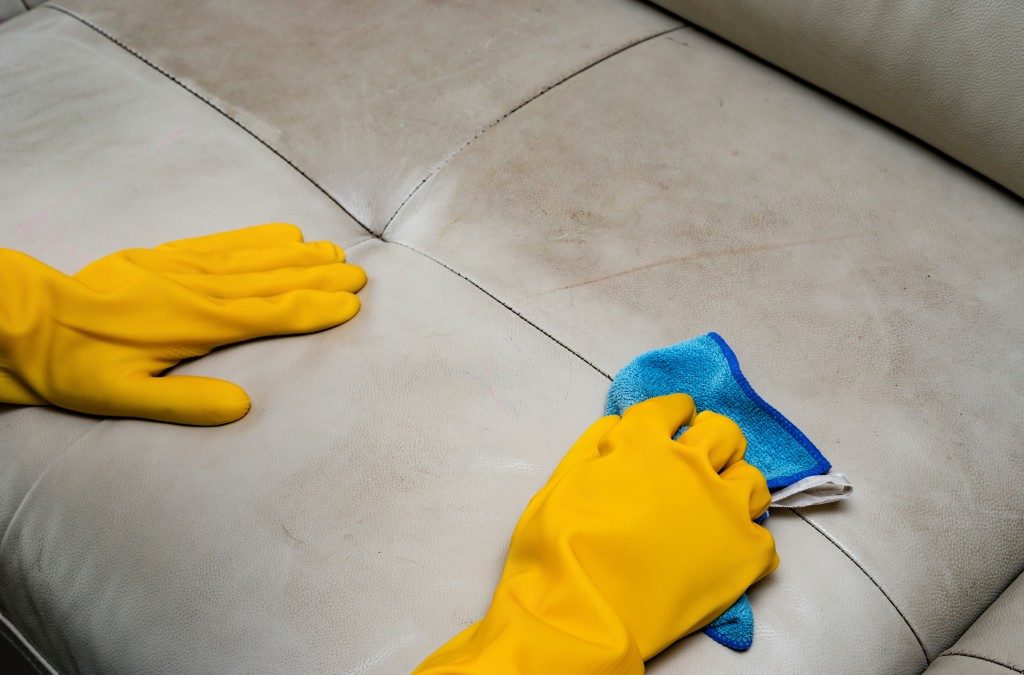Allergies can be quite stressful to deal with, not only does it affect one’s quality of life, but it can also be quite costly — in terms of medication and in lost work hours — in fact, allergies have racked up an annual cost of more than $18 Billion in the US alone. Moreover, allergic rhinitis affects 10%-30% of the world’s population which is triggered by irritants or allergens such as dust mites, molds, insect debris as well as pollen (seasonal allergies).
Many of these allergens and irritants can be found indoors, specifically in one’s home. Which is why it’s important for you to take note of these precautionary tips in order to allergy-proof your home:
Regular Cleaning
One of the best ways to prevent allergies and getting rid of allergens is to regularly clean your home. Even if you’re busy with work and day-to-day tasks, it’s important that you reserve at least a day or two each week to vacuum your home with a High-Efficiency Particulate Air (HEPA) vacuum cleaner in order to eliminate even the smallest of allergens. You should also be particular about cleaning your bathroom and other dark damp spaces where molds and other allergens thrive.
Washing Tips
It’s important that you wash your sheets weekly in hot water in order to kill dust mites, as well as any stuffed toys and pillow covers. You should also be wary of using scented detergents as they may also trigger allergies. Air-drying may seem convenient, but it actually exposes your sheets (as well as clothes) to pollen and mold, so use a dryer instead. Additionally, avoid shampooing your carpets and vacuum instead, if you need to wash the carpet to get rid of a stain, make sure that it thoroughly dries as any leftover moisture could lead to an increase in dust mites.
Home Adjustments

Rugs and carpets are notorious in trapping allergens, so your options are to regularly clean them or replace them with hardwood floors. Your cloth drapes, blinds, and curtains can also accumulate dust and other allergens, so consider alternative window coverings if there are family members with severe or sensitive allergies. You can also start following that Japanese practice of leaving the shoes before entering the home and providing clean slippers (or be barefoot) instead. Lastly, you’d want to start investing in and using dust-mite proof covers for your beds and sofa. Alternatively, you can use bamboo bed sheets which are hypoallergenic, antibacterial, and reduce moisture in bed (which also reduces the risk of dust mites and molds.
Stay Safe When Cleaning
You wouldn’t want to trigger your allergy when you’re making an effort to allergy-proof your home. That said, you should at least be using a mask and a pair of gloves to prevent inhalation and skin contact with potential allergens like dust, pollen, or even the cleaning chemicals you’ve been using. Some homemade and store-bought cleansers and cleaning products may actually end up triggering or irritating your allergies if so, it’s best to use hypoallergenic cleaning agents and supplies to prevent an allergic reaction when cleaning. Additionally, you should never mix cleaning products as they can end up producing toxic gas or result in other hazardous chemical reactions.
Conclusion
There’s no question that allergies are more than just minor inconveniences and that you should take all the necessary preventive measures to avoid them. Although some of these tips may seem burdensome or even expensive, it’s well worth to spend time and money on prevention than dealing with allergies and the cost of medication lost work hours, and the reduced quality of life.

